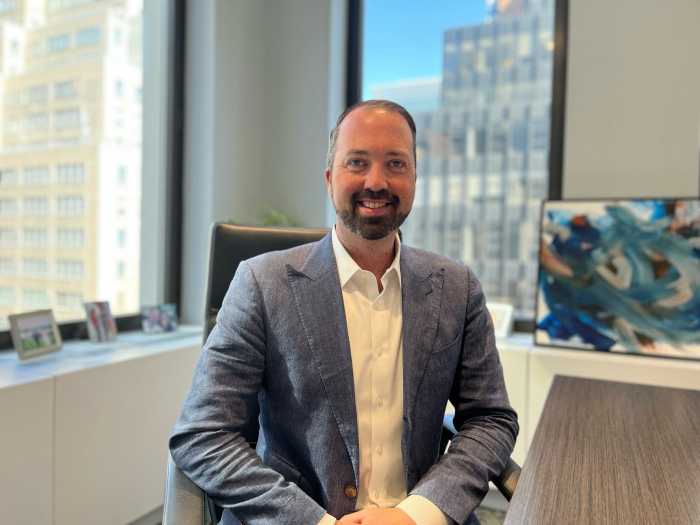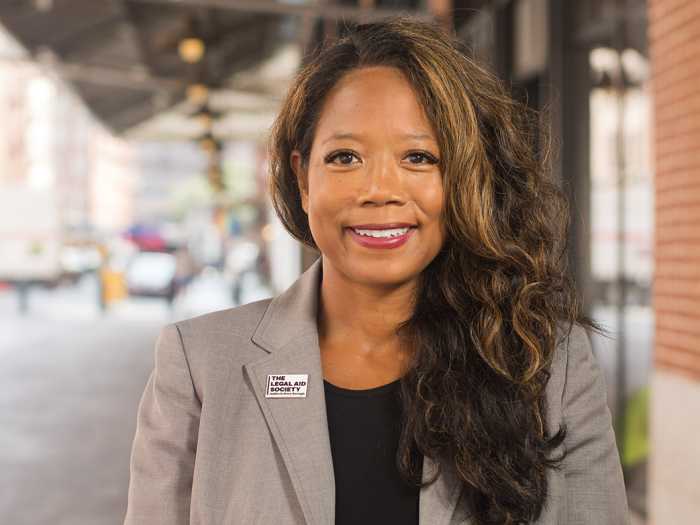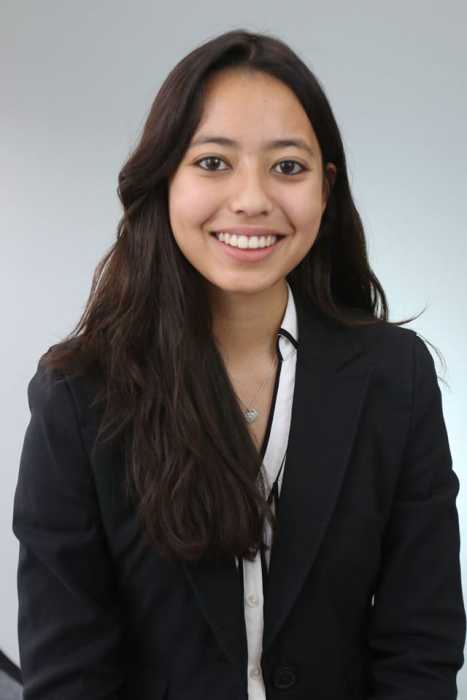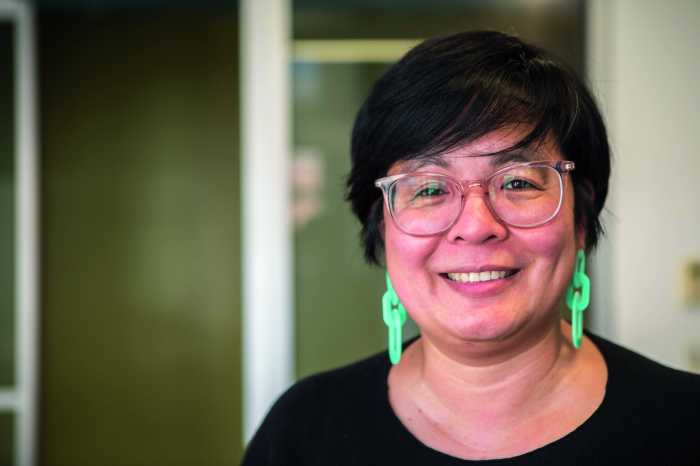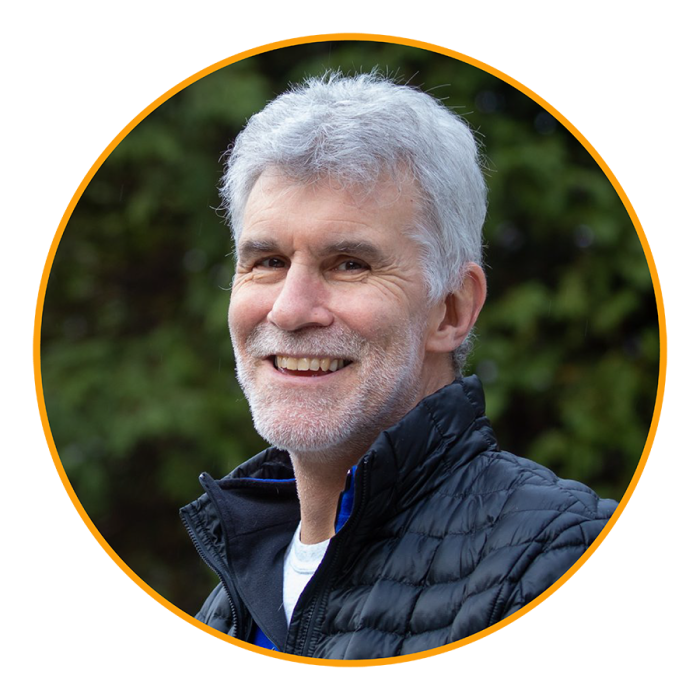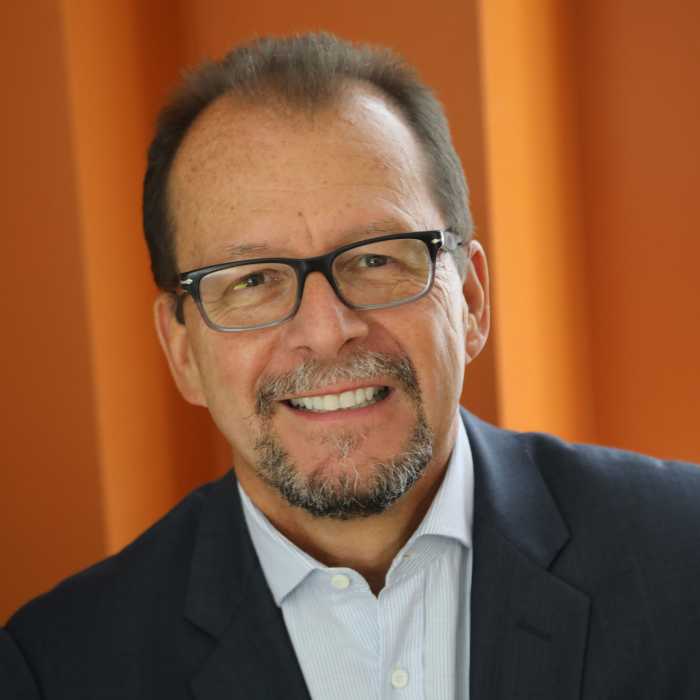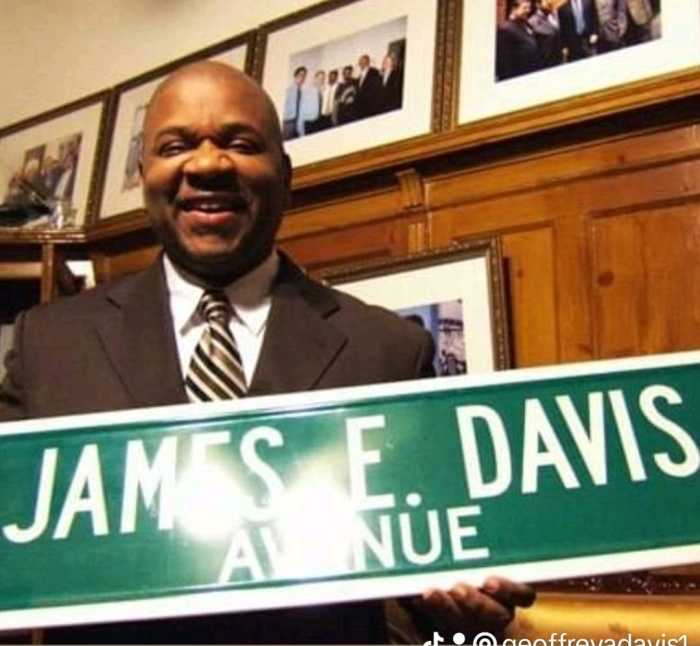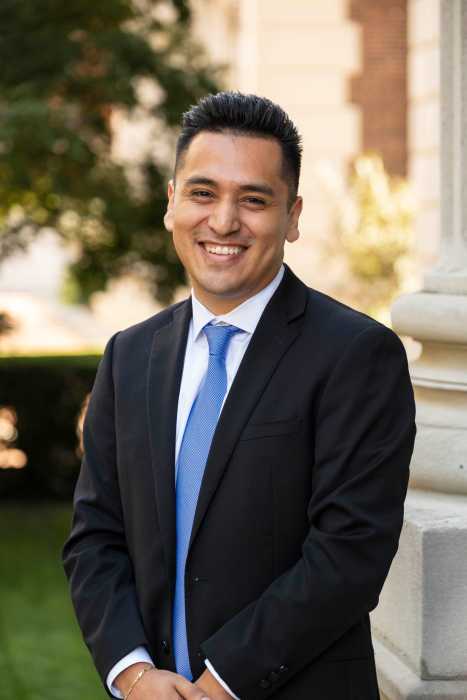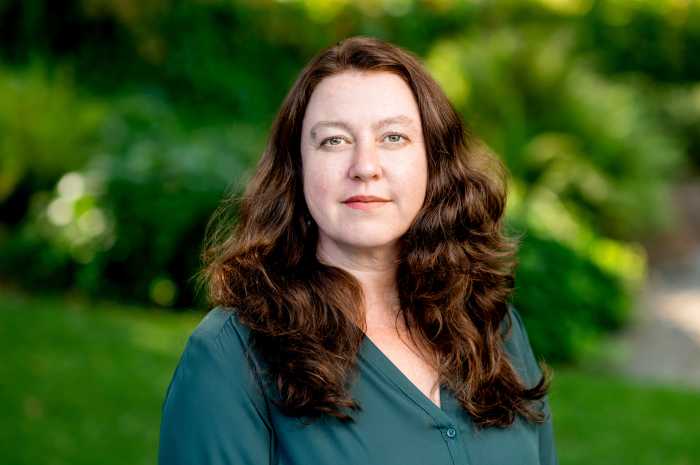Kevin Carey first joined YAI as chief financial officer in 2016 and became chief executive officer in June 2023. During his first few months as CEO, Carey has led the development of YAI’s latest strategic plan, which outlines the organization’s blueprint for navigating the changing intellectual and developmental disabilities (I/DD) landscape over the next four years. Carey is a member of the Financial Accounting Standards Board (FASB), Not-for-Profit Advisory Committee (NAC) and serves on multiple nonprofit boards.
Was there something or someone that inspired you to pursue a career in the nonprofit sector?
From a young age, my parents and grandparents taught me the importance of giving back and helping others. As I began my career, I thought I would end up in a more typical corporate environment, but I kept gravitating toward mission-based organizations. I find it compelling and extremely rewarding knowing that I can have a career while also making a difference for thousands of people.
What is the proudest moment of your career so far?
Seeing the impact YAI has by supporting thousands of people with I/DD to live fuller lives every day makes me extremely proud. Getting to visit programs, engage with the people we support, and work with staff to help them realize their dreams is far more meaningful than any single accomplishment I have had over my career. Seeing the people we support engage in the community through volunteering, employment, or recreation activities is incredibly rewarding.
What policy changes could be made to aid in your work within the nonprofit sector?
Increasing state funding for direct support professional salaries would greatly aid our work. Our field is experiencing a staffing crisis and no one working with this population should be worried about earning enough to make ends meet. YAI supplements salaries and creates pay incentives through our discretionary funds, but it’s crucial for the government to better recognize workers in our field.



